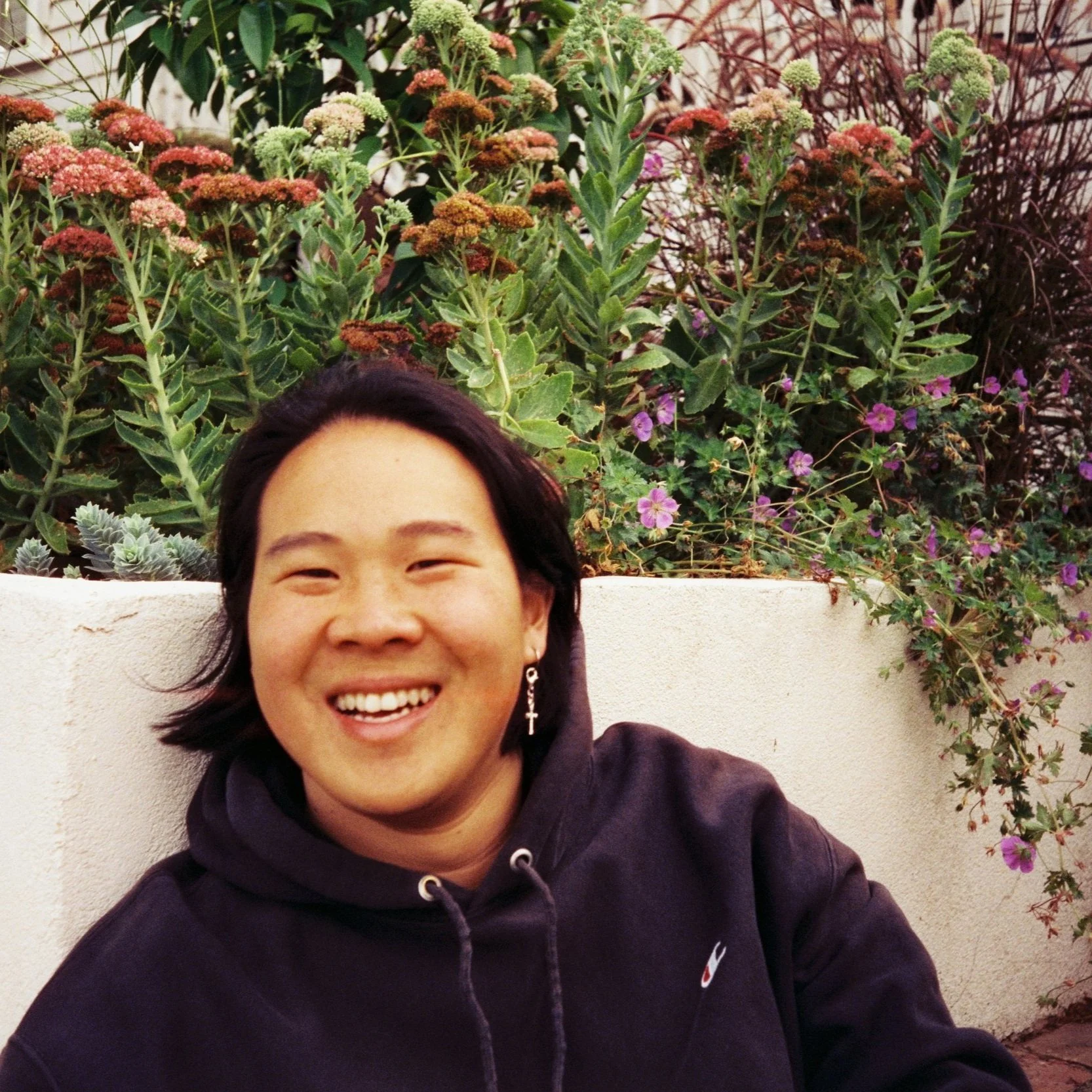“One of my pet peeves is the way people offer well-meaning but unsolicited feedback on my music sometimes. When other artists show me their music to listen to, I always ask them: ‘Do you want me to provide feedback, or do you just want me to listen?’”
Read More“I also dislike poetry bosses criticising other poetry bosses without reflecting that they are themselves poetry bosses. Here is a mirror. Come on, don’t we have our own tastes? Aren’t we all poetry bosses?”
Read More“I think stand-up makes it easier for me to be vulnerable, because telling jokes about something that might be difficult to talk about really normalises whatever you're talking about.”
Read More“It’s fascinating how people from different cultures can share similar traditions and observations while still being so different from each other. These similarities can bring people together, but it is the differences that make us unique individuals.”
Read More“Believe in the authenticity and validity of your own voice, and in the existence of an audience who wish to hear it.”
Read More‘I wanted to flip this notion and purposely use unnoticable sounds in recordings as the main idea of a song. It felt like the sounds came alive and I was giving them this new purpose…’
Read More“That’s how I feel about writing music; there’s definitely an aspect of therapy, which is also what drew me towards music from a young age. You can transport yourself to a different place.”
Read More“I thought the Vietnamese experience in Australian literature was limited to a few narratives: the war, the boat journey, the trauma. I assumed that was my place in Australian literature even though I didn’t dodge any bullets and neither was I on the boat with my parents in February 1983. I was so fixated on what I wasn’t that I couldn’t see who I was.”
Read More“Art […] should invest in articulating voids, and the excesses of a state. As long as it is doing that, it will always be marginalised. Once it manages to break through into a voice, it should move on towards articulating other voids and invisibilities.”
Read More“It’s important to exercise a level of reflexivity about one’s own position in the world and to also resist the temptation to subscribe to reductive homogeneous notions of ‘diasporas’. A thread line in all of our projects is to disentangle ideas of what ‘Filipino/x identity’ is while creating a space in which we can use our nuanced experiences to counter imposed narratives of who we are and how we are meant to exist.”
Read More“Thinking about forms of displacement and non-belonging, the dissonance of being a minority and recent coloniser on Aboriginal land has a certain specificity and universality that many Asian diaspora are beginning to grasp. We are not the only ones who are simultaneously lonely, conflicted, complicit and ignorant.”
Read More“My ultimate hope is that my kids have a different experience growing up here—that they see themselves and their experiences reflected in the books and media they consume.”
Read More“[…] now the book is out in the world, it belongs to the readers. How they view it, the interpretations they bring to it from their own life experiences, is out of my hands and it’s not my place to tell them if it’s right or wrong.”
Read More“The Exclusion Zone turns to language in order to challenge language’s limits. Can language truly represent its real-world referent? If there is a gap, however small, how can language enact its memory-making potential?”
Read More“Nowadays I cynically think ‘authenticity’ is used to take advantage of our collective anxiety around cultural identities, white guilt and a belief that authentic means ‘better’ to sell things and exclude competition.”
Read More“[I write] to ultimately connect with those who have had similar experiences to me but to also shed light on the kaleidoscope of moments that growing up in Sydney’s South West has to offer.”
Read More“I want this book to be a guide for other women; for them to see possibilities for themselves and to feel like they can be the hero of their own lives.”
Read More“Our industry isn't set up for this; it's always focused on the next show. I think this is the primary reason Australian mainstage theatre hasn't yet properly and deeply engaged with POC audiences, apart from the obvious lack of diversity in the leadership of those organisations.”
Read More“The more opportunity we have to tell our stories, the more people realise how disparate those identities are, and how much there’s even a lot of intercultural interplay and tensions, and hierarchies as well.”
Read More‘I recently saw a publication describing “cheap eats” venues as places you shouldn’t be ashamed of embracing because their prices are so low, while it described “fine dining” venues as examples of mastery—but isn’t there also mastery in tending to a ramen stock that takes hours to develop, or making the fresh ingredients for banh mi?’
Read More



















